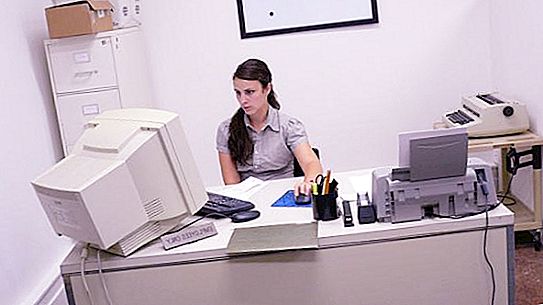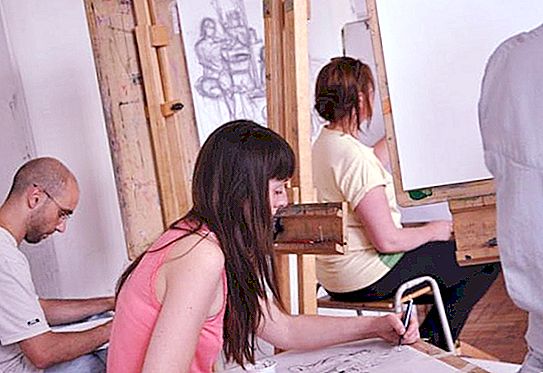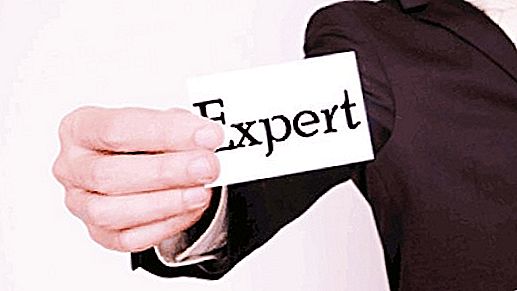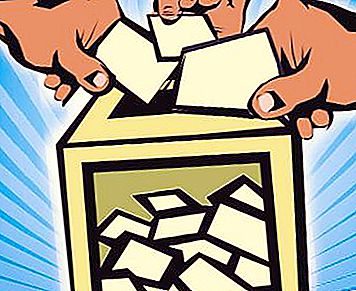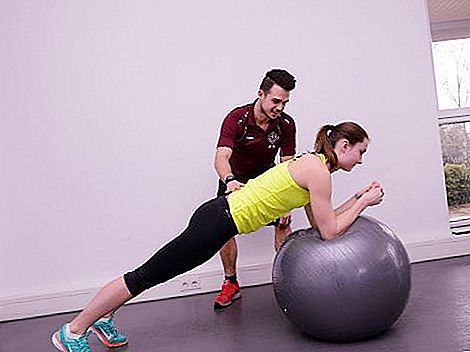Video: Production Manager - Responsibilities, Challenges, opportunities, Salary etc 2024, July
Production is a complex process of creating wealth. In any production, machines and equipment, material, energy and labor resources are used. The production manager and managers subordinate to him (deputies, heads of the production department, workshops, shifts) must effectively use all these elements so that ultimately high-quality products are produced in a timely manner and in accordance with the approved cost estimate.
Requirements for the Production Manager
Production manager - management position. As a leader, he is responsible for the work site, which affects the results of the entire enterprise.
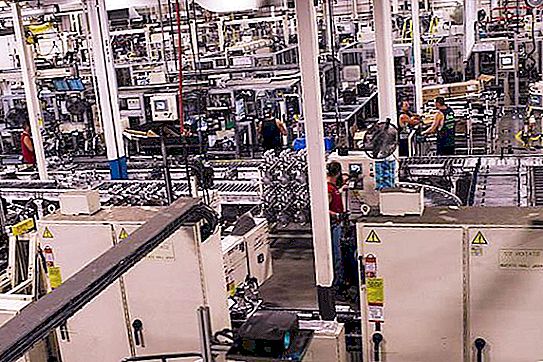
He must make decisions, not just obey the orders of management. That is, it must have the knowledge that will help make the right decision on any issue relating to the production process.
Therefore, the job description of the production manager necessarily includes the requirements for education and seniority of the manager. Education should be higher profile, and experience as a leader in similar enterprises - at least three to five years. The job description of the deputy production manager differs only in lower requirements for seniority. Sometimes employers agree that they divide the requirement for seniority into two: there must be experience in a managerial position without reference to the place of work, and a certain production experience.
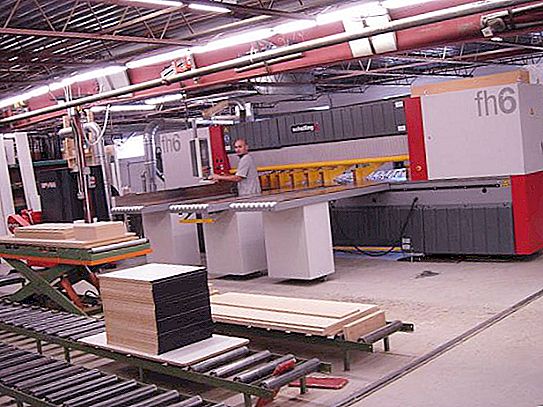
Also, employers usually include knowledge of modern technology. For example, the job description of the head of furniture production, as a rule, includes requirements for the length of service in furniture production and knowledge of technology. A furniture company can become competitive only using the latest solutions in the design and materials of modern furniture.
What a production manager should know
In addition to technical knowledge in the profile, the head (and this is required by the job description of the production manager) must know the regulatory legal acts and laws governing production and labor relations, the fundamentals of environmental law.
For the successful management of production units within the company, the head must own the basics of management and business etiquette, the rules of business correspondence.
The manager is required to have knowledge of modern theories of organization of production, methods of planning and forecasting the need for material resources and equipment, methods for analyzing the state of these resources, the procedure for compiling and coordinating production long- and short-term plans, rules and norms of labor protection at the enterprise.
Tasks of the production manager
The main person in production is considered his boss.
Each enterprise producing commodity products sets its tasks for the manager, but all of them can be divided into groups, which in one form or another include the job description of the production manager.
First of all, he solves organizational problems. This is the selection of specialists and managers of subordinate units, specification of their functional responsibilities, work safety and improvement of their quality, ensuring strict control and supervision.
Technical tasks are the improvement and implementation of new technical conditions of production.
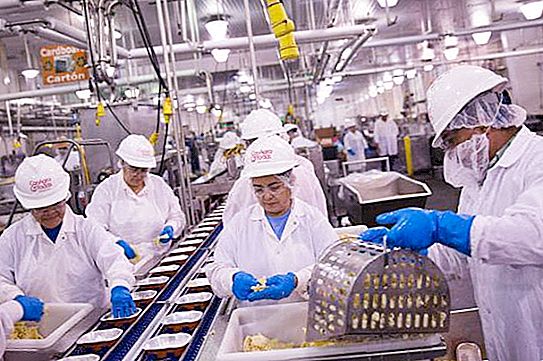
The manager is faced with hygiene tasks. They include regulation of sanitary and hygienic standards, carrying out preventive measures, assessing the effectiveness of sanitary conditions in units. This is a rather important task for the head of any production, and the job description of the head of food production makes it even tougher.
Social tasks - ventilation, heating, the condition of industrial and domestic premises, providing workers with special clothing and special meals if necessary - are also in his charge.
Regulatory tasks, and this is the compliance of the parameters of the production enterprise with the norms and requirements of the legislation and industry instructions and standards.
Professional skills
Employers require the experience of strategic planning, the ability to predict, the experience of selecting and motivating personnel, managing people and the ability to persuade, delegate authority and control the fulfillment of duties and instructions from the applicant for this position.
For the leader, the ability to unite the team and direct it towards the fulfillment of the tasks facing production is important.
The production manager, as a rule, does not conduct negotiations, but often such experience is important for employers, and an item on participation in negotiations, for example, for the supply of equipment or raw materials, is included in the list of duties.
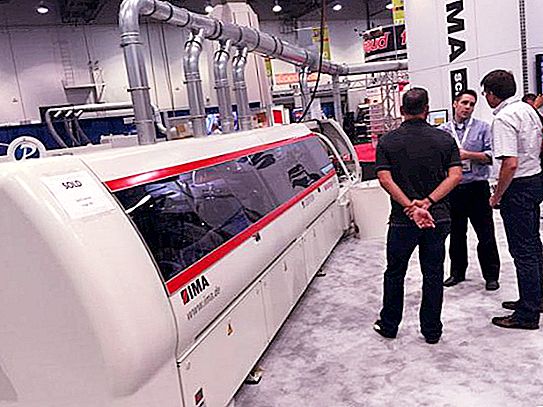
Sometimes a manager is required to know foreign languages if, for example, the company is a joint company or uses sophisticated equipment of foreign manufacturers that needs constant technical support.
Personal qualities
In order to fulfill his tasks, the production manager must have extraordinary personal qualities. These should be analytical skills and logical thinking; organizational skills and strategic mindset; self-confidence and ability to make decisions independently.

A leader of this rank is a leader by nature, he must be distinguished by initiative, decisiveness, ability to take risks and responsibility. Purposefulness, energy, sociability, assertiveness and exactingness, striving for success and innovations, creativity, as well as erudition, resourcefulness and stress resistance, he also needs.
Responsibilities of the Production Manager
The job description of the production manager, who heads the work of production units, may include a long and detailed list of responsibilities. He leads the staff, is engaged in his selection and training, if there is such a need; controls the implementation of production plans in accordance with technology and the quality of products, technical condition and timely maintenance of production equipment; compliance with the rules and norms of labor protection and safety.
The head analyzes the effectiveness of production activities and compiles reports on its results. In addition, under his leadership, measures are being developed to increase the efficiency of production activities and reduce its costs, reconstruction and modernization of equipment.
He takes part in business planning and the development of long-term production plans, determining its nomenclature and assortment.
Job description deputy. the production manager, as a rule, contains the same duties, unless they are described in more detail, with a specific link to the profile of the enterprise.
Responsibilities of the Head of Production
The production department is part of the structure of any production enterprise. The head of this department reports to the production manager or his deputy. The job description of the head of the production department must necessarily include a clause about who this official reports to.
The head of the production department is required to supervise the work on the development and current adjustment of plans and calendar work schedules, to quickly regulate, control and keep a daily record of the production process. He must also monitor the status of work in progress and prepare for the production of new types of products.
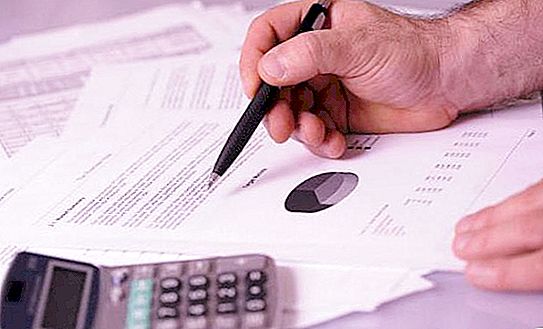
The head of the department analyzes the results of the activities of production units, identifies the possibility of a uniform and full load and provides data to the production manager.
It is the head of the production department that coordinates the work of transport divisions, raw materials warehouses and workshops of the enterprise.
Responsibilities of the shop manager
The heads of the workshops report to the production manager. The job description of the head of the production workshop does not require him to know the basics of management and law, but the basics of labor organization and economics are necessary. It is the shop manager who must take measures to reduce the cost of manufactured semi-finished or finished goods, reduce the complexity of products and labor costs per unit of output. Cost reduction in each workshop leads to an overall reduction in the cost of finished products.
If the production manager and his deputy may not know in detail the operating principles of the workshop equipment, then the workshop manager should know them thoroughly, as well as the procedure for using this equipment and the rules for admitting workers and unauthorized persons to it. The shop manager is responsible for the observance of safety measures in the shop, the selection, education and training of personnel.
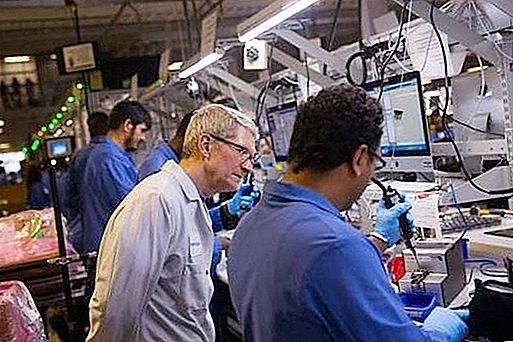
The shop manager interacts with the management of other workshops involved in the manufacture of products, ensures the continuity of technological processes in the area entrusted to him, the development of new products, uses production reserves and studies the experience of domestic and Russian enterprises.
Duties of the shift supervisor
If the production works in two or more shifts, the position of shift supervisor is introduced in the staffing table. The job description of the shift manager includes responsibilities for ensuring the release of quality products, organizing rational loading of equipment and timely preparation of production.
The shift supervisor constantly monitors the provision of material resources, the economical use of raw materials and components, the technically correct operation of the equipment, prevents, identifies and eliminates the reasons for the unsatisfactory operation of the equipment, takes into account the movement of products in the manufacturing process.
The shift supervisor analyzes the results of the work of production units per shift, if there were downtime - their causes and factors of marriage.
The shift supervisor coordinates the work of the masters of production units, monitors compliance with production, technological and labor discipline, internal rules and labor protection standards. He may submit proposals to the head of the workshop on imposing penalties on violators of discipline.
Production always faces complex and diverse tasks that cannot be solved by one person. Therefore, it is important to correctly distribute responsibilities among managers and focus on the overall result.

